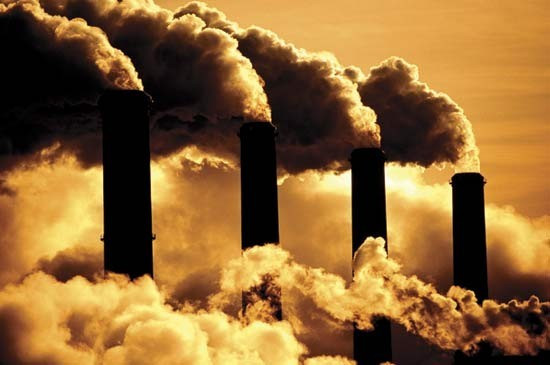UN Lima climate talks: 1 Gigaton Coalition backed by Norway launched

Notwithstanding the major disagreements among nations on the framework of a climate agreement, a voluntary 1 Gigaton Coalition coordinated by the United Nations Environment Programme (UNEP) and supported by Norway has been launched at Lima.
The coalition aims to highlight efforts to save billions of pounds and billions of tonnes of CO2 emissions each year by measuring and reporting reductions of greenhouse gas emissions resulting from renewable energy and energy efficiency projects in developing countries.
"Energy efficiency and renewable energy, while growing in use and prominence, are still in many ways an untapped goldmine that can greatly reduce the threat of severe climate change, save money and help meet The Sustainable Energy for All Initiative's goal of giving everyone on this planet access to clean and modern forms of energy," said Achim Steiner, United Nations Under-Secretary-General and UNEP Executive Director.
With the ongoing tussle over who should do how much, on whether adaptation or mitigation should prevail, and a review of national strategies, the voluntary coalition under the UNEP aims to acknowledge the many unsung projects already in place.
With many countries failing to measure or report the reductions in emissions accruing from renewable energy and energy efficiency projects, the coalition believes that, when measured, these reductions would amount to around one gigatonne a year by 2020.
The UNEP's Emissions Gap Report 2014 found that in order to limit global temperature rise to 2°C, global carbon neutrality should be attained by mid-to-late century.
The report found that the gap between emissions levels consistent with meeting the target and levels expected if country pledges are met is likely to be almost 17 gigatonnes of CO2 in 2030.
Emissions saved
Energy efficiency and renewables can play a key role in closing this gap, says UNEP.
For example, a global shift to energy-efficient appliances and equipment could reduce electricity consumption by over 10%, and reduce CO2 emissions by 1.25 billion tonnes per year.
World electricity generation is forecast to grow by 67% from 22,126 terawatt-hour (TWh) in 2011 to 37,000 in 2030. A major part of this additional capacity is expected to be based on fossil fuels.
From 1990 to 2010, improvements in energy efficiency have reduced cumulative global energy demand by over 25%.
Between 2000 and 2013, Germany documented the effects of its implementation of renewable energy, and found a drop in emissions by 148 million tonnes by 2012. It amounted to billion euros saved by avoiding fossil fuels.
Studies have shown that low carbon energy can be achieved by mid-century at moderate costs while the renewable energy agency Irena claimed this can be done cheaply.
Renewable power capacity has grown 85% over the past 10 years, reaching 1,700 GW in 2013, and renewables today constitute 30% of all installed power capacity.
© Copyright IBTimes 2025. All rights reserved.





















